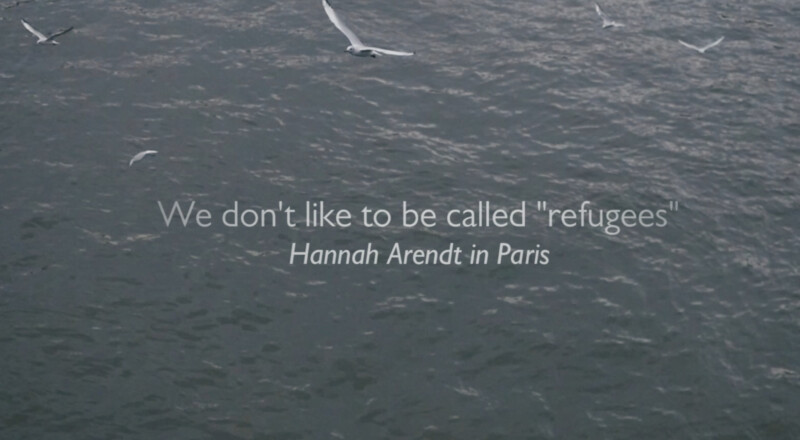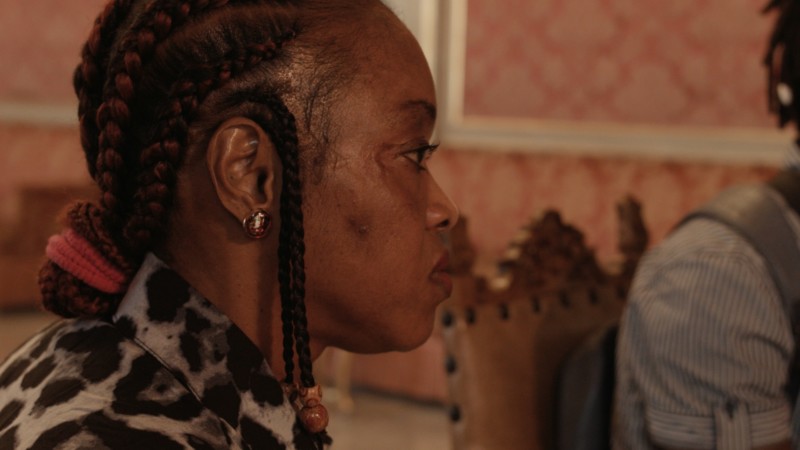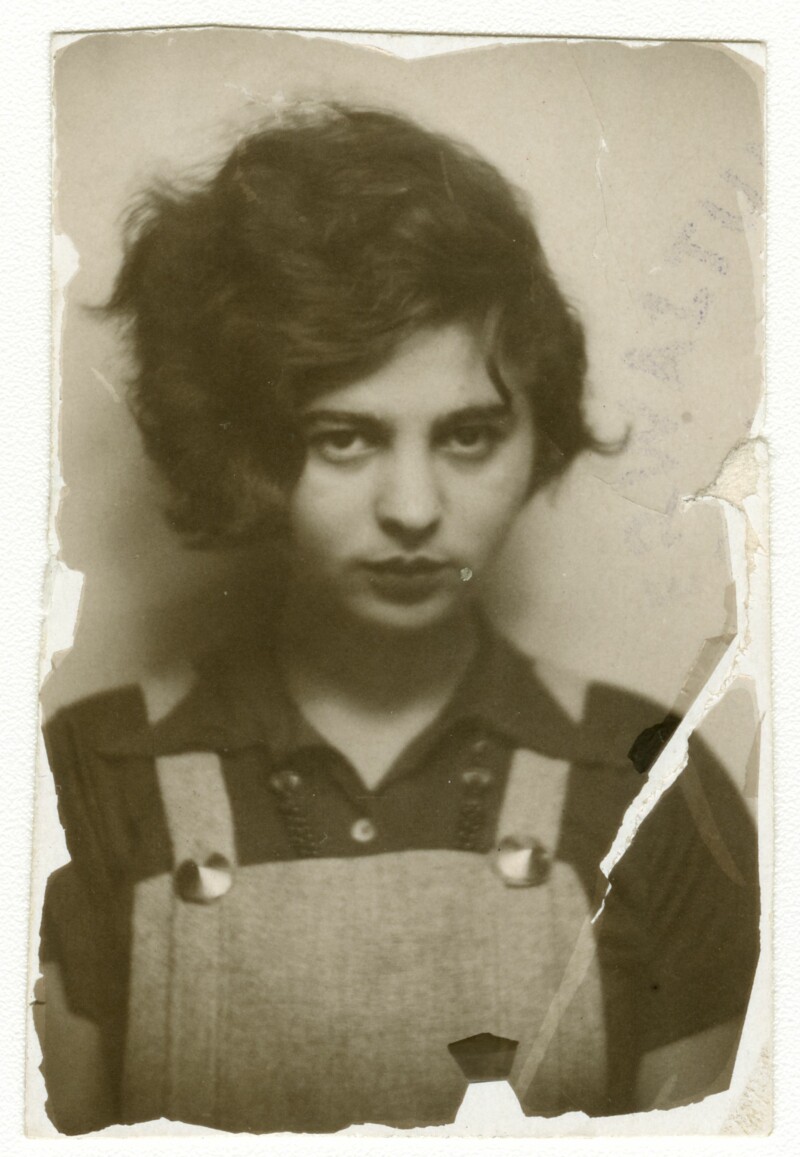New York, May 25, 1941
My dear boy –
[…] Monsieur made a hell of a racket at the Joint and the Hicem in Lisbon, to our astonishment with complete success: all emergency cases, even those that arrived only very recently, were booked for the end of May. By chance, we got tickets early and left at the last moment and quite head over heels. Mutt should get her Portuguese visa these days. For a long time every visa issue was blocked, hence the delay. I don’t know what you were supposed to do there. There’s nothing to do. Once she’s in Lisbon, you’ll have to get the Hicem back on her and get her out of here fast. As soon as, yes, as soon as… and if everything isn’t too late. But since it’s unpredictable, we’ll have to pretend as if. I have wired her and I expect a cable answer tomorrow or the day after.
I am completely confused and you must not expect reasonable letters from me. So we have arrived here in excellent condition, brought most of our baggage here and left only one suitcase and box. We will hardly be able to stay here because the rent is too expensive. But I haven’t had time to search yet. I have already seen the Public Library from the inside and feel much better since then. Seen a huge number of people: Blumenfeld, which has become very old and still not healthy. Miriam Cohen, very pleasant and smart. Rosenblüth this afternoon with tea. Max Strauss, who behaved very charming, which surprised me bass. I like the “deep eyes” of his wife quite well, but not too well either. Tomorrow evening Jela, whom I called, which was probably a mistake, as she was very astonished. Tant pis. I will see Solomon in the next few days, telephonically spoken for now. Tomorrow I’ll be at the Emergency Committee, then with Goldman and Hadassah. I liked a bit of peace and quiet, but the political situation is not like that. There’s nothing you can do about it.
From 1929 to 1937 Hannah Arendt (1906-1975) was married to the German-Austrian philosopher, poet and writer Günther Anders (bourgeois Günther Siegmund Stern, 1902-1992). Anders fled to Paris in 1933, where Arendt followed him a short time later. The marriage finally fell apart in 1937 due to economic and emotional difficulties of refugeedom. But even after the divorce, they remained friends for a long time. At the time of the letter, Arendt was already married to Heinrich Blücher, whom she had already met before the divorce from Anders.
Arendt and Blücher arrived in New York in the spring of 1941. With the help of the Joint and HICEM they were able to leave Lisbon by ship earlier than expected. In New York there was no time for rest. As in Paris, Arendt continued her political activism and aid work for refugees in New York. A large network was essential for these activities.
Hannah Arendt was a Jewish German-American political theorist and publicist.
After being detained by the Gestapo for several days in 1933, she fled to France and worked there, among other things, in Zionist organizations that helped Jews to escape. In 1937 she was deprived of German citizenship, which made her a stateless person for almost 14 years. After she was imprisoned for a few weeks in the French internment camp Gurs, she managed to escape from there as well. In 1941 Arendt came to the USA, where she spent the rest of her life and was granted US citizenship in 1951. In her first years in New York she worked as a publicist, editor and contributor to several Jewish magazines (including “Der Aufbau”) and organizations (including the Commission on Jewish Cultural Reconstruction). Under the impression of the experience of flight and arrival that she and other European Jews had had, she also wrote the essay “We Refugees” in the Menorah Journal in 1943. From 1953 to 1967 Arendt taught as a professor at Brooklyn College in New York, at the University of Chicago and at the New School for Social Research in New York.
Arendt, Hannah, 1942; Anders, Günther: Schreib doch mal hard facts über dich. Briefe 1939 bis 1975, Texte und Dokumente, Munich 2016. P. 23.



